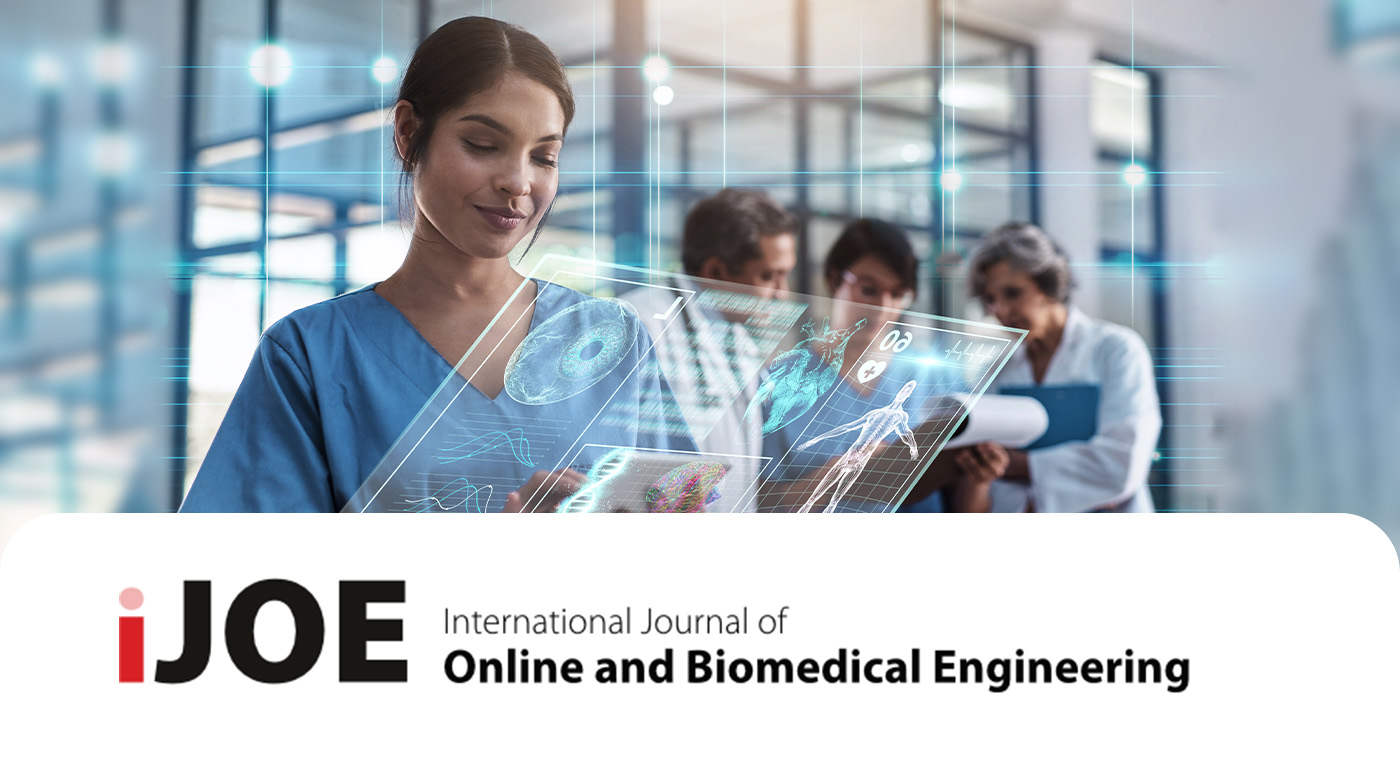The article entitled “Two Success Stories as Result of the Horizon Europe Shift-Hub Project” has been published in the ‘International Journal of Online and Biomedical Engineering’ (iJOE) in April’s edition.
iJOE is an international open-access journal dedicated to sharing emerging trends, research findings, and practical applications in online and biomedical engineering. The article highlights two standout initiatives from the project: ‘Demo Days’ and ‘Smart Health Ecosystems’, both of which have made significant contributions to their respective fields and demonstrated impactful outcomes.
Demo Days
The concept of DemoDays in the SHIFT-Hub project evolved from a contractual obligation into a meaningful and sustainable initiative, driven by a commitment to create lasting value. Initially, the team faced challenges in defining and organizing these events but ultimately chose to approach them as impactful opportunities to showcase innovative solutions, foster collaboration, and provide sustainable contributions to the Smart Health ecosystem. Designed as cost-effective, online events, DemoDays are concise—averaging just two hours—and emphasize live demonstrations of tangible, innovative solutions rather than traditional presentations.
The guiding principle of “to see is to believe” ensured that even early-stage technologies (with low technology readiness levels) were presented in a concrete and specific manner, offering real-world context such as hospital settings or clinical practices. This approach helped attract genuine interest from key stakeholders, including investors and organizations, by highlighting actionable potential over abstract ideas.
Each DemoDay is hosted by a local organization, which helps define the agenda, focus areas, and participants, ensuring relevance and engagement with the audience. Typically, 3-5 teams are invited to present their solutions, with an emphasis on live demonstrations that move beyond PowerPoint slides to showcase real functionality. The format also allows for recurring participation by teams, fostering ongoing collaboration and deeper engagement with the SHIFT-Hub project.
The DemoDays format has been successful so far and will continue to be used throughout the project. To ensure long-term sustainability, partnerships with other organizations may be necessary to manage future events. While profitability is not a goal, DemoDays are seen as value-creating activities that enhance engagement in health research and innovation ecosystems.
Smart Health Ecosystems
The second success story of the SHIFT-Hub project focuses on the development of smart health ecosystems, an effort that extends beyond the project’s timeline and represents an open-ended commitment to fostering collaboration and addressing real-world healthcare challenges. For the SHIFT-HUB project, the concept of ecosystems was used deliberately, not as a trendy term, but as a foundation for collaborations and a driving force aimed at solving problems faced by doctors and patients, improving efficiency, and enabling innovation through advanced technologies.
Ecosystems are complex and unique and cannot be examined superficially or generalized into best practices. While some principles of stakeholder analysis can be replicated, each ecosystem is distinct and requires a tailored approach. The team explored medical ecosystems in the fields of mental health and cardiovascular diseases, focusing the analysis specifically on Cologne and in addition, an initial stakeholder analysis of cardiovascular innovation ecosystems in Germany was conducted. Through this process, it became clear that such analyses are highly complex and far from straightforward.
The idea of “engineering” ecosystems through rigid, standardized methods is challenged, emphasizing the need for diverse and adaptive approaches that prioritize individual and collective learning over formulaic success. Care must be taken to avoid reducing ecosystems to oversimplified, market-driven constructs; instead, a more sustainable, creative, and thoughtful approach to fostering research and innovation is essential. It is important to ask meaningful questions rather than seeking predefined answers, aiming to advance innovation in a way that respects the complexity and diversity of ecosystems.
The legacy of DemoDays aspires to become a platform for multilateral communication and exchange, exemplified by Open Days at higher educational institutions, allowing students and young researchers to showcase their work. Enhancing the visibility of Shift-Hub project results is expected to attract partners with complementary expertise, thereby improving the quality of ecosystems research.
These two success stories represent important achievements for the Horizon Europe Shift-Hub Project, making a tangible contribution to the advancement of Smart Health. This article emphasizes how these initiatives can serve as a reference point for future developments, providing valuable insights for designing more effective interventions in healthcare innovation.
Dive into the full article here.
Stay updated on upcoming DemoDays and other SHIFT-HUB services and events by joining our SHIFT-HUB Community, visiting our Events page, or following us on LinkedIn!


